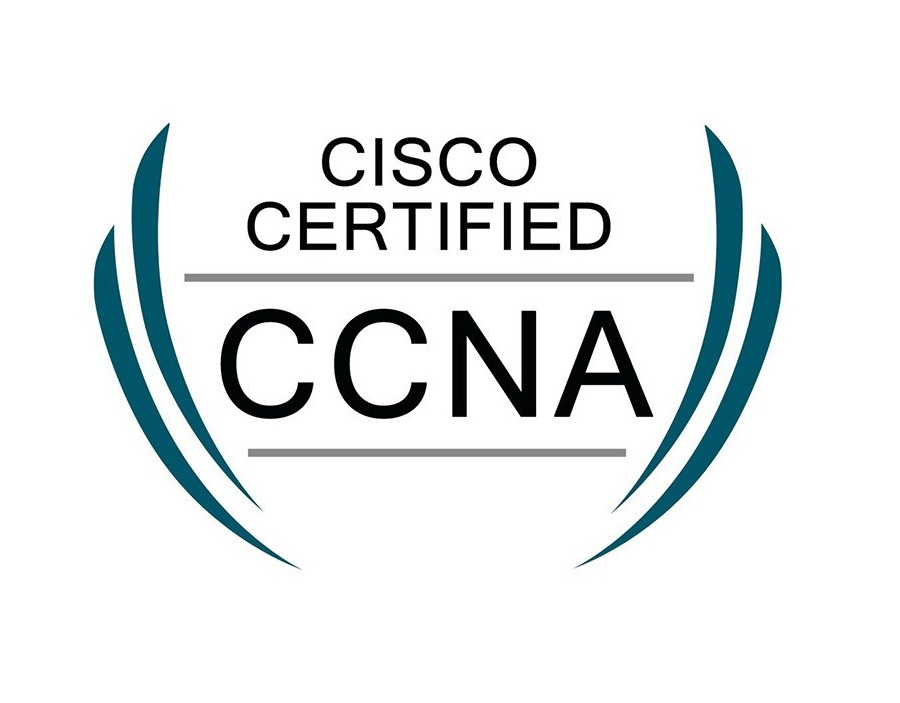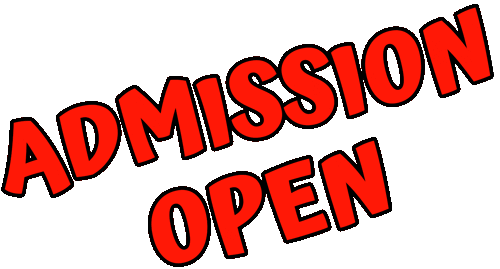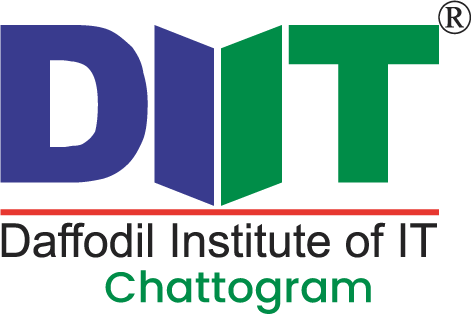
CCNA (Cisco Certified Network Associate) All you need to know
Even if you’re not necessarily looking to get into networking itself, the IT field in general, you do need networking knowledge to secure networks. You have to have some understanding of networks. To be able to hack a network, you need to understand the network. To operate servers which run over networks, you should understand those networks. And the best way to start to learn about networking is the CCNA.
What Is The CCNA Certification?
The CCNA—which stands for Cisco Certified Network Associate—is an entry-level information technology (IT) certification issued by networking hardware company Cisco. The CCNA is designed to validate your knowledge on fundamental networking concepts often requested in networking roles in IT positions.
Here’s a quick rundown of key facts:
- To get the CCNA certification you’ll have to pass one exam, the 200-301 CCNA.
- Taking the CCNA exam costs $300, plus tax.
- There are no prerequisites to take the exam, but training and some experience with computer networks are recommended.
- The expiry of CCNA Certification is three years. Renewal requires certification holders to register for and pass the same or higher level Cisco recertification exam(s) every three years.
What’s On The CCNA Exam?
The 200-301 CCNA Exam Takes 120 Minutes And Is Offered In English And
Japanese.
The CCNA exam breaks down as follows:
- Network fundamentals (20%): Network components like routers, switches, and access points; network topology architectures; physical interfaces and cabling types; IPv4 and IPv6 configuration; IP parameters; wireless, virtualization, and switching fundamentals
- Network access (20%): Configuring and verifying VLANs, interswitch connectivity, Layer 2 discovery protocols, and EtherChannel; Rapid Spanning Tree Protocol operations; Cisco wireless architectures, AP modes, physical WLAN components, AP and WLC management access connections, and wireless LAN access
- IP connectivity (25%): Routing tables; router decision-making; configuring and verifying IPv4 and IPv6 static routing and single area OSPFv2; first hop redundancy protocol
- IP services (10%): Configuring and verifying NAT and NTP; describing DHCP, DNS, SNMP, and syslog features; per-hop behaviour; using SSH; describing TFTP/FTP
- Security fundamentals (15%): Security concepts like threats and mitigation, physical access control; password policies; access control lists; Layer 2 security features; wireless security protocols
- Automation and programmability (10%): Comparing traditional networks with controller-based networks; automation concepts; interpreting JSON data
Download Complete List of CCNA Exam Topics in PDF Format
Job Opportunities and Professions
CCNA certification can open up a variety of job opportunities in the networking field. Some of the job roles that are available to CCNA-certified professionals include network engineer, network administrator, network analyst, and network support technician. Additionally, CCNA certification can be beneficial for individuals interested in pursuing careers in cybersecurity, cloud computing, and the Internet of Things (IoT).
Preparing for the CCNA Exam
Preparing for the CCNA exam requires dedication, hard work, and a good study plan. You should start by familiarising yourself with the exam objectives and the topics covered. The CCNA exam tests your knowledge of networking fundamentals, network access, IP connectivity, IP services, security fundamentals, and automation and programmability. Once you have a good understanding of the exam objectives, you should start studying using different resources such as books, offline courses, online courses, and practice exams. Practice exams can help you get a feel for the types of questions you can expect on the real exam.
Written by:
Md. Riaj Uddin
Jr. Instructor
Computer Engineering Department
Daffodil Institute of IT, Chattogram.


